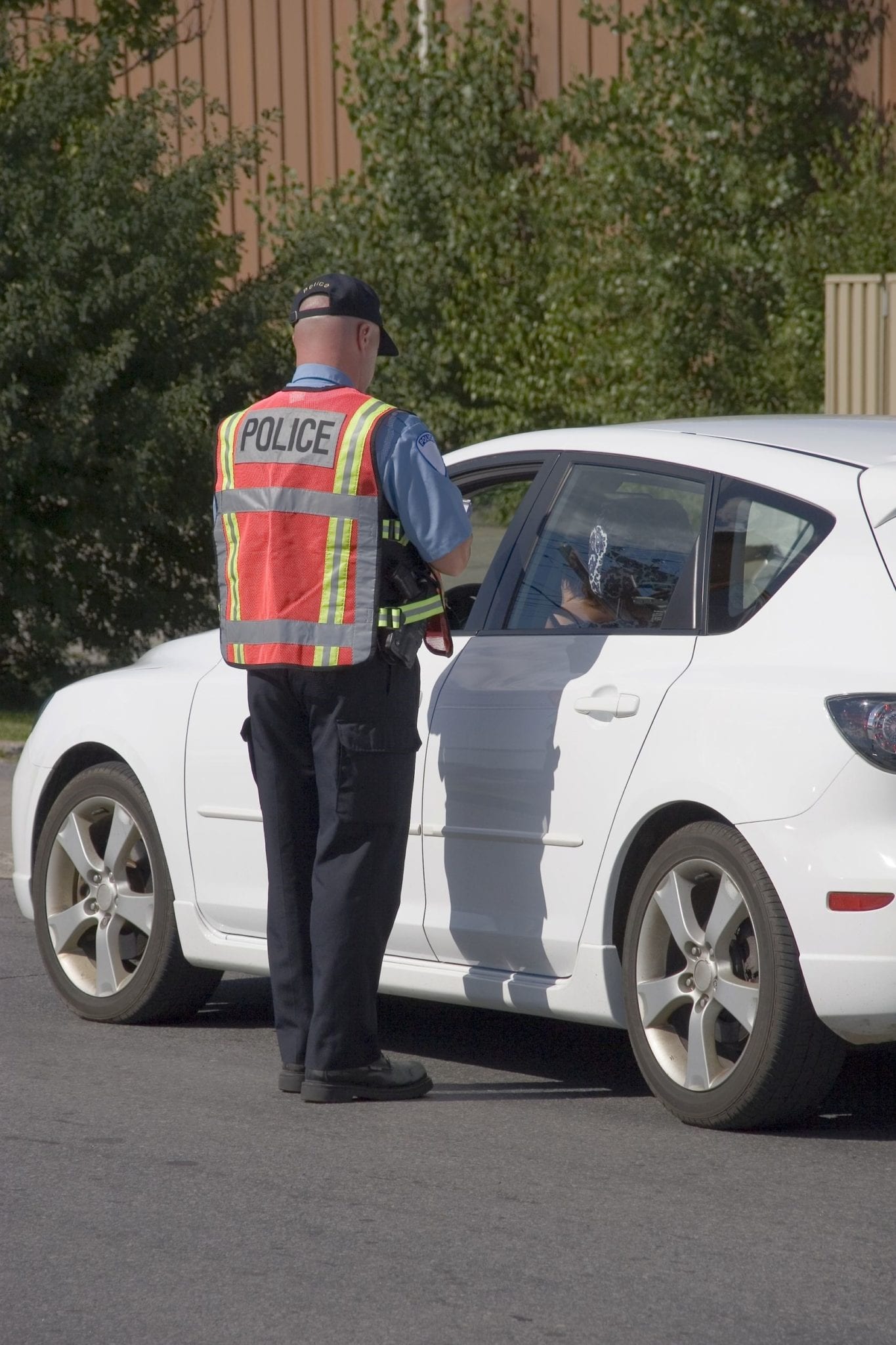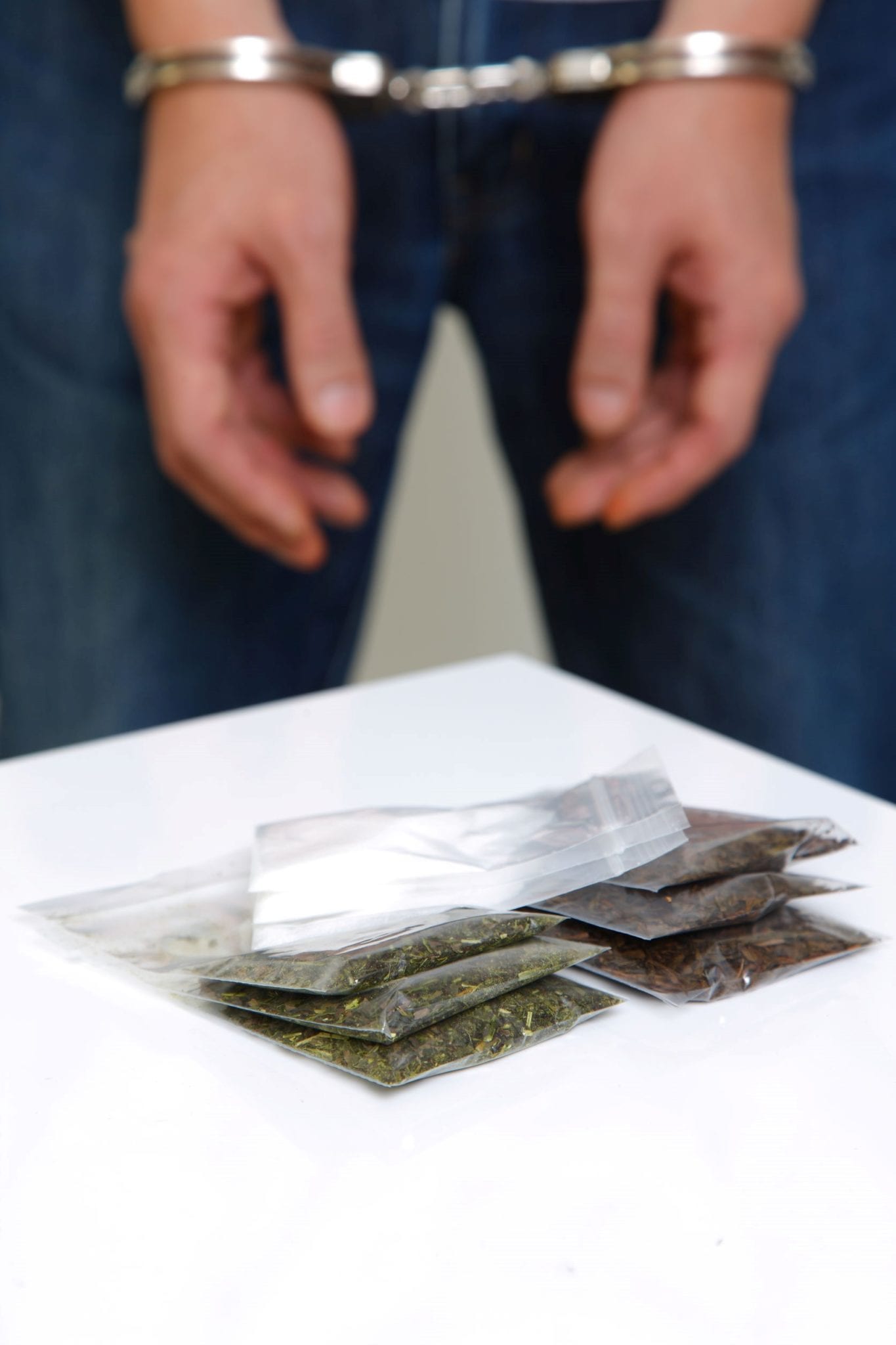There are significant misconceptions about federal crimes. Many people assume that federal crimes are only “white collar” or “national security” type offenses. Nothing could be further from the truth. Approximately 55% of all federal prisoners, more than 30,000 of them, stand convicted of federal drug offenses.
The U.S. Congress has enacted 38 drug statutes that proscribe penalties and fines for 165 drug-related offenses. The high end of these offenses carries penalties of 10 years to life imprisonment with $10 to $50 million fines while the lower end of these offenses carries penalties of 3 years imprisonment and fines up to $250,000.
Government officials at both the federal and state level point to recent reforms in drug sentencing laws and say that things are changing, and in some cases, recent developments do indicate the beginnings of a slow change in drug policy regarding prosecutions and punishments.
Unfortunately, they are not changing fast enough, and if you find yourself in the hot seat with an overzealous prosecutor, you need to have the best possible defense on your side.
Almost all serious federal drug charges carry with them mandatory prison time, most five years or more, along with steep fines and other associated punishments. This is especially true with drug trafficking charges, which come with some of the most severe penalties of any crime.
These penalties and fines do not include the civil forfeitures that can result in the loss of a convicted drug defendant’s personal property, including cash, homes, vehicles, and other personal belongings.
Beyond the serious risk of severe periods of incarceration, federal drug offense convictions have significant personal consequences. They can disqualify you for a job in the health care industry, government, private security, law enforcement, many areas of the criminal justice system, and any other job requiring a security clearance. They can, and most likely will, have adverse impact on your employment prospects with companies that routinely run criminal background checks prior to their decision to hire. They can also have a serious impact on your ability to rent a suitable residence as property owners also frequently run background checks, refusing to rent or lease to drug offenders.
The adverse consequences of federal drug charges especially apply to large scale conspiracy, drug trafficking offenses. Federal and state law enforcement officials often work together on drug enforcement offenses. They generally employ “task forces” that initially target one individual with the hope that he or she will lead them to a wider network of suspects. The primary objective of these kinds of investigation is to develop reasonable suspicion to arrest the initial target with the hopes that law enforcement can pressure the individual into cooperating with them to make a case against the wider network.
If you find yourself in a position facing a federal drug charge, you should immediately seek a qualified criminal defense lawyer who has experience dealing with the prosecutors and courts that will determine the course of the charge. A skilled criminal defense attorney is more likely than not to develop a defense against the charge, or to have the charge dismissed altogether.
The John T Floyd Law Firm has the experience in federal court fighting against allegations of serious federal drug charges , conspiracy and trafficking cases to help you develop a strategy to fight back against the government and regain your freedom.
Defenses to Federal Drug Charges
And there are defenses against federal drug charges: unlawful search and seizures, faulty crime lab analysis, lost or tampered with evidence, drugs that were planted, drugs that belonged to someone else, entrapment, or unintentional blindness that the person was involve in a drug crime.
Developing these defenses requires a criminal defense lawyer who has access to investigators, paralegals, and experts. These are the qualified defense attorneys who have a track record of success in defending against federal drug charges.
Fabricated Evidence and Flawed Testimony
The Washington Post reported recently that “nearly every examiner in an elite FBI forensic unit gave flawed testimony in almost all trials in which they offered evidence against criminal defendants over more than a two-decade period before 2000 …”
In 2013, the Texas Forensic Science Commission found that a former Department of Public Safety analyst fabricated evidence in scores of drug cases. This discovery ultimately led to reversal of scores of convictions by the appellate courts.
Snitches and Entrapment Still used by Federal Agents
Entrapment and the widespread use of unreliable, paid snitches are realities that every zealous criminal defense attorney must be aware of, otherwise corrupted, or even worse, fabricated evidence can make its way before the jury. Paid snitches are inherently unreliable and will often create or alter evidence to support their “work.”
Even with this commonly known fact, federal agents still rely extensively on paid informants and the traps they lay, adding to the ever-growing number of wrongly convicted.
Entrapment is a defense to criminal liability when the defendant was not predisposed to commit the charged crime before the intervention of the government’s agents and the government’s conduct induced him to commit it.
In order to present an entrapment defense to the jury the defense must satisfy the initial burden of presenting two elements: lack of predisposition and government inducement.
The predisposition element focuses on the defendant’s circumstances before and at the time the government first approached him with a proposal to commit the crime. A defendant is predisposed to commit the charged crime if he was ready and willing to do so and likely would have committed it without the government’s intervention, or actively wanted to but hadn’t yet found the means.
As for the inducement element, the fact that the government initiated contact with the defendant, suggested the crime, or created the ordinary opportunity to commit it is not sufficient; something more is required, either in terms of the character and degree of the government’s persistence or persuasion, the nature of the enticement or reward, or some combination of these. Conduct by the government’s agents amounts to inducement if, considering its character and the factual context, it creates a risk that a person who otherwise would not commit the crime if left alone will do so in response to the government’s persuasion.
An experienced federal criminal defense lawyer knows this sad reality all too well and will fight to discover this evidence and illustrate its unreliability to a jury.
So while at the outset a drug charge may seem hopeless, a knowledgeable and skilled criminal defense attorney can develop a legitimate defense against what may seem as the most hopeless of cases.
The primary goal of the John T. Floyd Law Firm is to produce the best outcome possible for our clients: dismissal of charges, acquittal at trial, verdict of a lesser offense, and the lowest sentence possible should a guilty verdict be rendered.
Pretrial Release and Bail
Obviously, no one wants to spend a day in jail. Our representation in a federal criminal drug case begins with an immediate effort to get our clients released on bail. This is a priority for both our clients and the lawyers working on the case because access to clients and the ability to assist in their own defense is much better when a defendant is released on bail.
Plea Bargain versus Trial
97 percent of all federal drug offenders plead guilty to a reduced charge or to lower recommended sentence than would result from a trial. We do not, however, undertake a plea bargain strategy unless our client directs us to do so. If the Government proffers a deal, we are ethically bound to convey that deal to you. At that point it is our duty to convey to you all the legal ramifications and consequences of a guilty plea. But the ultimate decision to enter into a plea bargain rests exclusively with you. We do not pressure our clients to plead guilty and will not allow a client to consider a plea if they are not guilty of the alleged offense.
Fighting to Ensure Justice and Putting the Government to Task
Our legal system is supposed to be fair and just. We know that is not always the case. Our duty, as criminal defense attorneys, to fight for the fairness and justice the Government is not always willing to give to our clients. The Government’s prosecution of drug crimes is often rife with prosecutorial misconduct, unethical behavior before and during the trial, and an overzealousness that translates into downright meanness. We provide our clients a safeguard against these Government actions.
All federal drug crimes are serious. Our defense against them is even more serious.
With a proven track record of success, The John T. Floyd Law Firm is here should you need us.






